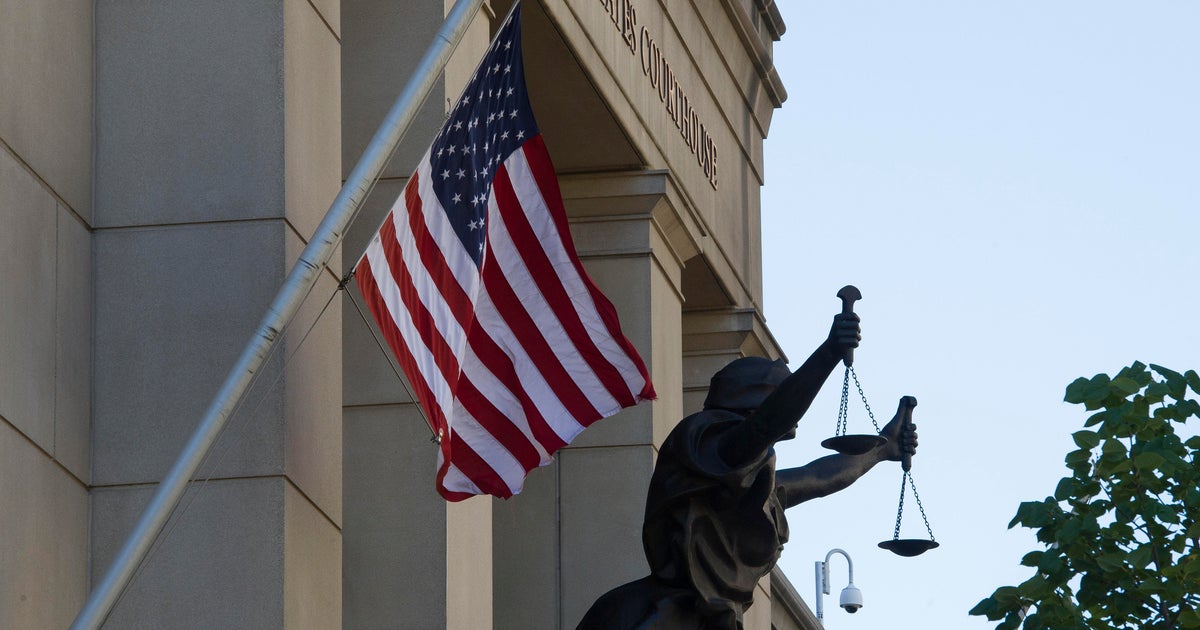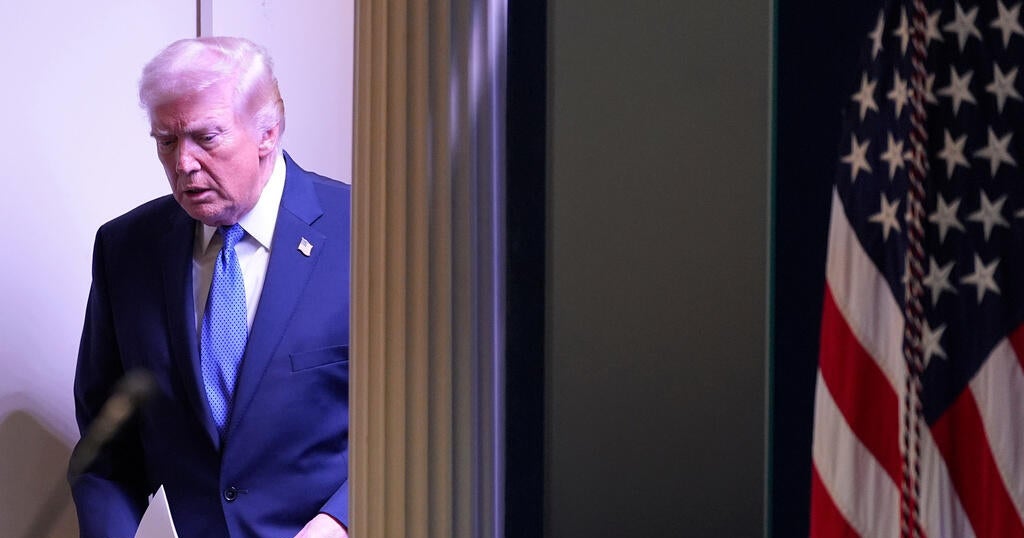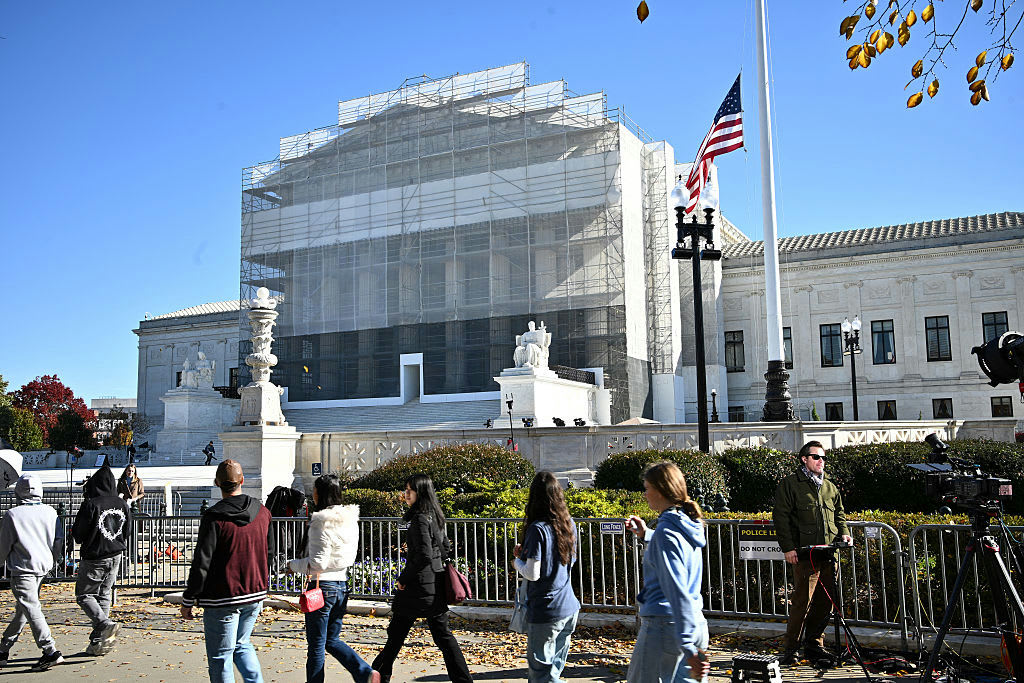Supreme Court denies Trump administration request to fast-track DACA case
Washington — The Supreme Court on Monday denied a recent request by the Trump administration for the court to quickly decide if it will hear oral arguments in a protracted legal battle over President Trump's move to end the Deferred Action for Childhood Arrivals (DACA) program, which shields hundreds of thousands of young undocumented immigrants from deportation.
The one-sentence order by the conservative-leaning court thwarted a request made by the Justice Department late last month and is likely to prolong the nearly two-year court fight over the fate of the Obama-era program — which has been kept alive by several lower court rulings despite the Trump administration's efforts to terminate it.
U.S. Solicitor General Noel Francisco, who represents the federal government before the court, had argued in a brief that it was "critical" for the justices to make a decision before their summer recess begins at the end of June. That would allow the government and plaintiffs to prepare briefs for oral arguments before the court's fall term, Francisco said in his brief.
The solicitor general raised several concerns about the prolonged litigation surrounding the program, urging the court to "expedite" his request and consolidate the handful of cases related to DACA's fate for consideration next term.
Since then-Attorney General Jeff Sessions announced in the fall of 2017 that the administration would move to gradually dismantle the program, four federal circuit courts have issued injunctions — one as recently as last month — blocking the government from dismantling the program. Late last year, the Justice Department asked the Supreme Court to take up the case.
The government currently allows the approximately 800,000 DACA recipients to renew their protections for two years, but is not accepting new applications.
The House is set to vote this week on a sweeping immigration bill dubbed the DREAM Act that would place DACA recipients, as well as DACA-eligible young immigrants and those with temporary protected status, on a pathway to U.S. citizenship.
Although it is expected to pass in the Democratic-led chamber, the measure will face an uphill battle in garnering support among Senate Republicans and the president, who has expressed sympathy for DACA recipients but has opposed stand-alone bills to legalize their status.




